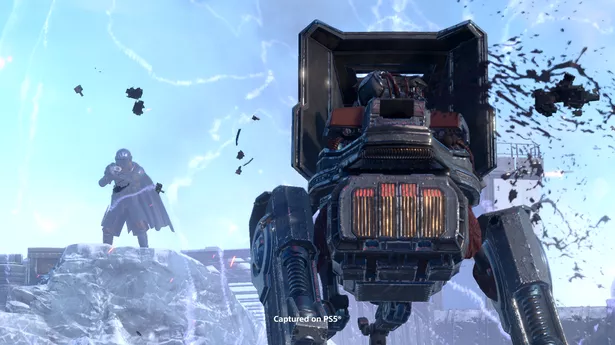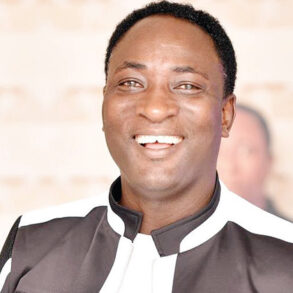Microsoft has shut down multiple Bethesda studios today, with Hi-Fi Rush developer Tango Gameworks and Redfall’s Arkane Austin included in the closures.
Xbox Game Studios’ ever-growing list of studios has been growing and growing over the years, with the company outright buying massive publishers like Bethesda and Activision – with the $70 billion waste of time known as the Microsoft Activision deal closing late last year. However, this huge amount of growth and acquisitions hasn’t exactly proved fruitful for Xbox with the Xbox Series X|S getting a number of wet farts like Halo Infinite, Redfall, and most notably Starfield over the years that haven’t exactly lit the world on fire.
Now, IGN has revealed a company-wide email sent by Xbox Game Studios head Matt Booty that Microsoft is choosing to close down three studios under the Bethesda net – Arkane Austin, Alpha Dog Games (which Booty mislabelled as Alpha Dog Studios in his email), and Tango Gameworks) with another – Roundhouse Studios (which Booty also misnamed as Roundhouse Games in his email) – being absorbed into ZeniMax Online Studios. Booty said in the email that “These changes are grounded in prioritizing high-impact titles” (high-impact titles presumably referring to the likes of Starfield) while calling it a “reprioritization of titles and resources”.
Looking back at Xbox’s 2023 on paper, you have nothing but disappointments with massive titles like Starfield and Redfall falling short. Except Microsoft had one shining light last year – Tango Gameworks’ Hi-Fi Rush – a game that was flooded with awards and nominations due to its exceptional concept, copious amounts of charm, and fantastic art and sound design. It felt like a game developed for a different publisher that somehow landed as an Xbox exclusive. Hi-Fi Rush is the most critically acclaimed game from the Xbox Game Studios group outside of Forza Horizon games, Pentiment, and Psychonauts 2 (with the latter two being similar in scale to Hi-Fi Rush from similarly beloved studios).
The game also did well if a tweet from Xbox VP Aaron Greenberg in response to rumours that Xbox were unhappy with how the game performed is any indication. Plus, Xbox finally had an established Japanese studio after years of floundering in the region. So if being critically acclaimed (once again, a rarity for Microsoft first-party games in this day and age) and performing well isn’t enough for the higher-ups to keep the studio running, how do you succeed under Xbox? It’s a conundrum the platform-holder seemingly can’t figure out.
This post was originally published on this site be sure to check out more of their content.








